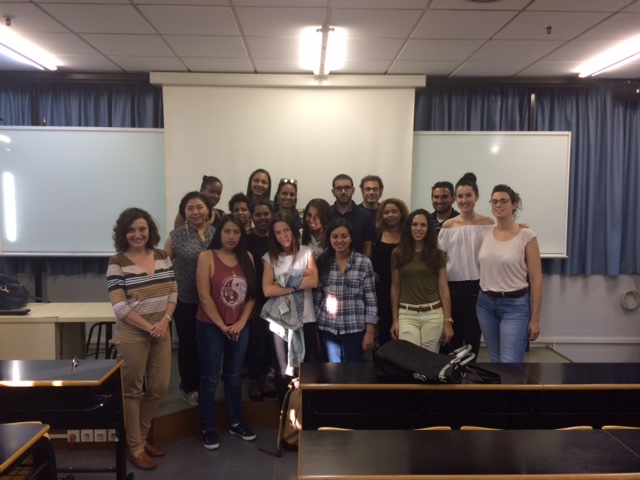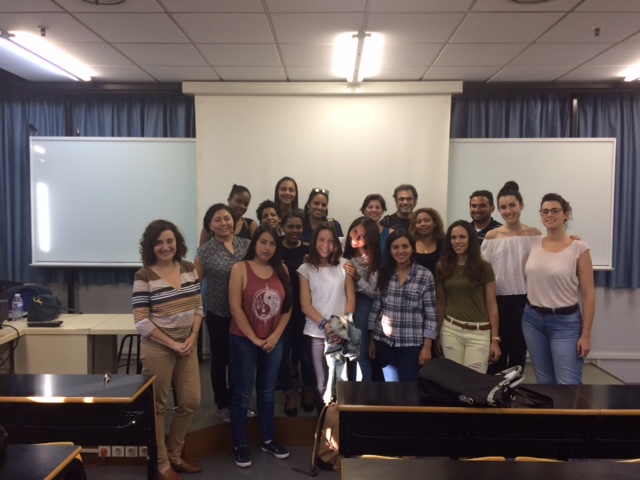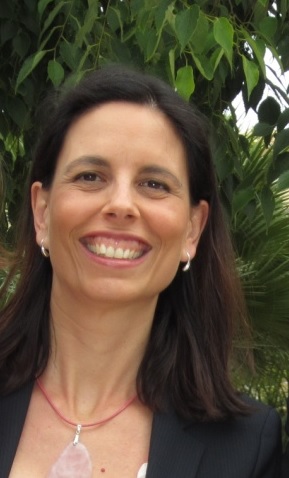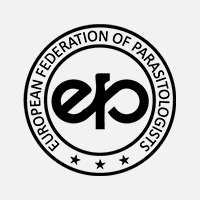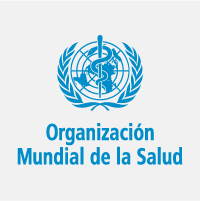
More children are born with microcephaly in Brazil supposedly because of Zika virus. This is generating a debate on abortion laws of the country, which provide that it is illegal in the majority of the circumstances.
16 february 2016
A group of renowned Brazilian lawyers of the capital prepares a case to go to high court in Brazil, with the objective of defending that abortion should be allowed when we discover that the foetuses have microcephaly.
A judge in Brazil has made the unusual announcement that will allow women to legally abort in such cases, with which he prepares the path for a legal battle on the theme.
Besides, in Recife, the Brazilian city where there has been a bigger increase in children born with microcephaly and brain damage, the activists pro-choice take advantage of the crisis to counterattack the conservative legislators that want to make yet more restrictive Brazilian laws, which are already within the most tough in Latin America.
The debate on whether women should or should not be allowed to abort in cases of microcephaly could have consequences throughout the region. It is believed that the outbreak started in the western hemisphere in Brazil, the country with the most Zika infections so far. Nevertheless, the epidemic has spread over 25 countries and territories in the American continent, some of which have anti-abortion laws so restrictive as the ones in Brazil, if not even more.
The most serious microcephaly cases can be detected with ultrasounds, normally, towards the end of the second trimester or, approximately, 24 weeks. Those who are against abortion in Brazil argue that the termination of pregnancy in so advanced stages intensifies a decision already ‘heart-breaking’ since the foetus is ‘practically formed’.
On the other hand, people who promote modifications in the laws on abortion put forward a decision issued in 2012 by the Supreme Federal Court of Brazil, which allows for the termination of pregnancy when the foetus has anencephaly, a fight that lasted almost a decade. This disease consists of serious congenital defects in which parts of the brain or the skull are missing. Almost all the babies with anencephaly die shortly after their birth, according to the Centers For Disease Control and Prevention of United States. Nevertheless, microcephaly is far less predictable, since even when it is detected before the birth it cannot be determined which will be their effects and this makes even more complicated the decision on abortion.
Brazilian academics, which are based on hospital records where it is indicated that around 150,000 women search every year medical attention due to complications from illegal abortions, consider that almost 850.000 illegal abortions are performed, which is penalised by law.







